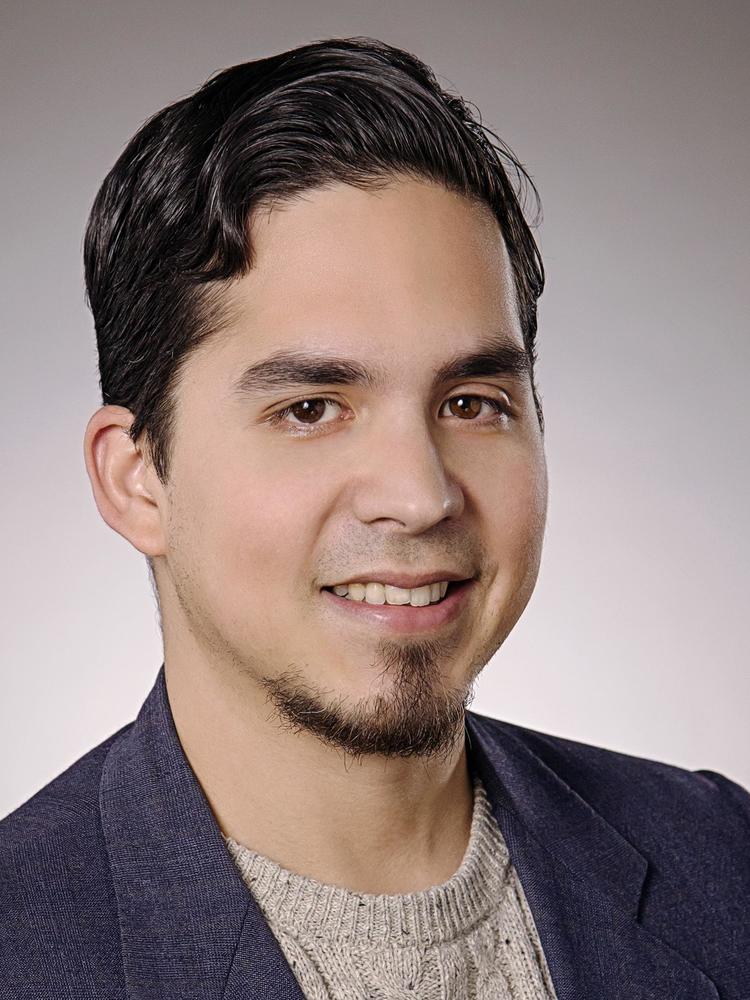Colloquia & Guest Speakers
Circumscribing What is Possible in Nanophotonics: Fundamental Limits and Opportunities for Light Manipulation
Alejandro Rodriguez, Professor of Electrical and Computer Engineering, Director of the Materials Science and Engineering Program, Princeton University
Monday, September 30, 2024
3:30 p.m.
Presented in-person in Goergen 101 and on Zoom
Abstract
The recent growth and maturation of advanced optimization methods in photonics---adjoint-based gradient descent exploration over millions of structural degrees of freedom---has led to discovery of optical devices and phenomena that greatly outperform their intuition-driven counterparts. Such freedom of design has also raised questions around the fundamental limitations of structural engineering in optics. What kinds of phenomena and control do Maxwell's equations allow? What guiding principles, material constraints, and achievable performance may be expected of photonic designs? In this colloquium, I will describe a new and recently developed mathematical approach to probe fundamental physics from wave equations. Combining field-based integral formulations of Maxwell's equations and convex relaxations---Lagrange duality and semi-definite programming---this new class of optimization methods can reveal fundamental limits to shed light on some of the most important questions in optics. From knowledge of maximum scattering cross sections to limitations on optical communication and nonlinear processes like second-harmonic generation, this new means of analyzing partial differential equations complements structural optimization to squeeze knowledge of achievable wave behavior from both top-down and bottom-up perspectives. Implications on age-old problems like maximum thermal radiation, Purcell enhancement, Raman scattering, and materials selection for light localization, will be discussed.
Biography

Professor Alejandro Rodriguez is a Professor of Electrical and Computer Engineering and the Director of the Materials Science and Engineering Program at Princeton University. He completed bachelor’s and PhD degrees in Physics from MIT in 2006 and 2010, respectively, and held a post-doctoral position at the School of Engineering and Applied Sciences at Harvard University before arriving in Princeton in 2013. Dr. Rodriguez has made seminal contributions to the understanding of radiative heat transfer, nonlinear optics, and nanophotonic design. His group focuses on applying and developing theoretical and computational techniques to explore the ways in which structuring materials at or below the wavelength of light can lead to novel phenomena and devices. For his contributions to the development of large-scale optimization methods in optics and fluctuational electrodynamics, Dr. Rodriguez was awarded a Presidential Early Career Award for Scientists and Engineers (PECASE), the highest honor bestowed by the U.S. government on outstanding early-stage scientists and engineers. He is also a recipient of the Department of Energy Computational Science Graduate Fellowship Frederick A. Howes Scholar Award, The National Academy of Sciences Kavli Fellowship, The Society of Hispanic Professional Engineers Young Investigator Award, and the Princeton SEAS E. Lawrence Keys, Jr./Emerson Electric Co. Faculty Award. Dr. Rodriguez has published over one hundred articles and holds several patents. Emigrating to the US at the age of twelve from Havana Cuba, Dr. Rodriguez is a by-product of a family of physics enthusiasts, loud rumbas, and afro-Cuban folklore. When he is not thinking about photons, he is in some superposition of dancing salsa, watching old films, playing piano, listening to Spanish ballads, and playing video games.
